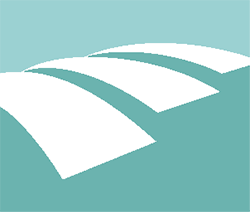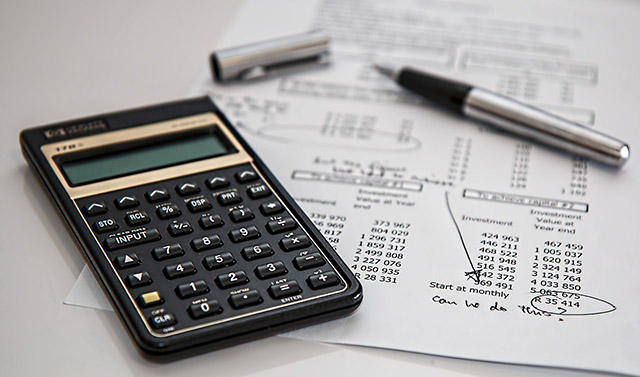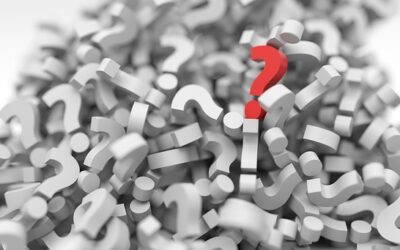What Does it Cost to Declare Bankruptcy in Ontario, Canada?
Declaring bankruptcy in Ontario, Canada comes with both costs and consequences. Before you decide to declare bankruptcy, it’s important to understand what expenses you will incur, what you may have to give up, and how the bankruptcy process works.
Monthly Contributions for Administration
When you file for bankruptcy in Ontario, you are required to make monthly payments to cover the costs of administration. These payments are set by the Superintendent of Bankruptcy and are based on your income and family size. For example, in 2021, the minimum monthly payment for a single person with no dependents is $200, while the maximum payment for a family of five or more is $450.
These payments are made to your Licensed Insolvency Trustee (LIT), who will use them to cover the costs of administering your bankruptcy. These costs include the trustee’s fees, legal fees, and other expenses associated with managing your case.
Surplus Income
In addition to the monthly administration payments, you may also be required to make payments based on your surplus income. Surplus income is the amount of money you earn over a certain threshold set by the government, and is calculated based on your family size and other factors.
If your income is above the surplus income threshold, you will be required to make additional payments each month. These payments are calculated based on a formula set out in the Bankruptcy and Insolvency Act, and are designed to ensure that you are paying a fair amount based on your income and expenses.
For example, if you have a family of four and your net income is $3,000 per month, you may be required to make an additional payment of $200 per month. If your net income is $4,000 per month, your additional payment may be $500 per month.
Assets You Keep or Lose Under Bankruptcy Law
One of the most significant consequences of declaring bankruptcy is the potential loss of assets. Under Canadian bankruptcy law, certain assets are exempt from seizure by your creditors, while others may be sold to pay off your debts.
In Ontario, some of the assets that are exempt from seizure include:
- Personal clothing and household goods
- Tools of the trade
- Registered retirement savings plans (RRSPs) and registered retirement income funds (RRIFs), up to a certain amount
- Equity in your primary residence, up to a certain amount
However, other assets, such as second homes, vehicles worth more than a certain amount, and investments, may be seized and sold to pay off your debts.
It’s important to note that if you have assets that are not exempt, you may be required to make a payment to your creditors to cover the value of those assets. For example, if you have a second home worth $100,000 and you owe $50,000 in debts, you may be required to pay your creditors $50,000 in order to keep your home.
Conclusion
Declaring bankruptcy in Ontario, Canada comes with both costs and consequences. It’s important to understand the monthly payments required for administration, the potential payments required based on surplus income, and what assets you may keep or lose under bankruptcy law. If you are considering declaring bankruptcy, it’s important to consult with a Licensed Insolvency Trustee who can help you understand your options and make an informed decision.
Schedule a FREE consultation with Stephen TODAY!

Written by joshuarobinsonja
More From This Category
How Long Am I In Bankruptcy
Financial BlogHow Long Am I In Bankruptcy?There are a number of factors which must be taken into account when determining how long a person will be in “bankruptcy”. In bankruptcy really refers to the time from when a person makes an assignment in...
Will I Lose My House
Financial BlogWill I Lose My House?Homes are a sensitive topic when considering your options in dealing with your debts. A number of factors must be taken into account. We have seen situations where the possibility of losing a home, the impact on...
So I’m Going Bankrupt, What Do I Get To Keep
Financial BlogSo I'm Going Bankrupt, What Do I Get To Keep?This is a question raised in our consultations with potential bankrupts. Individuals express concern that they will be left with nothing with which to live. The Bankruptcy and Insolvency...




